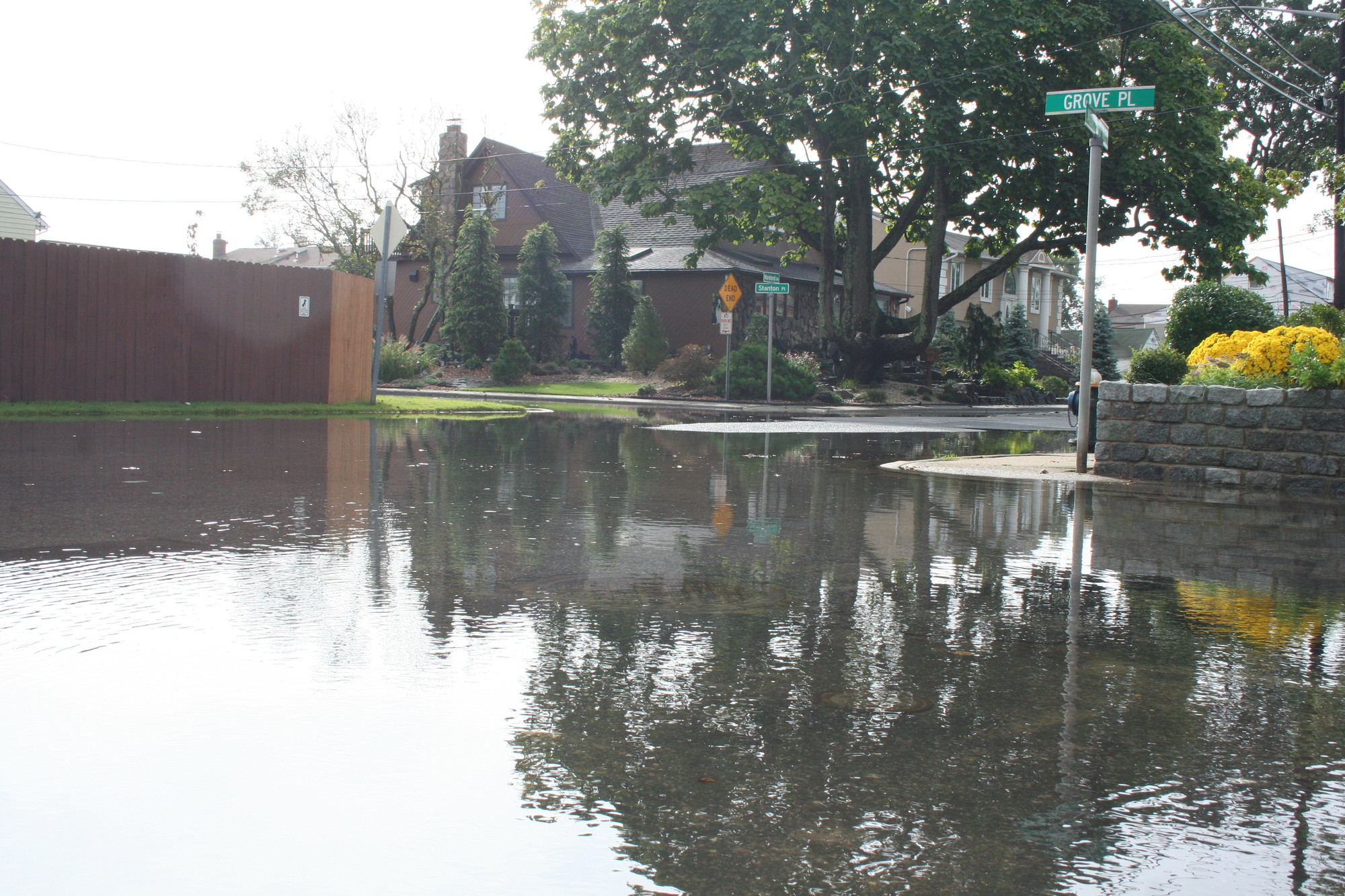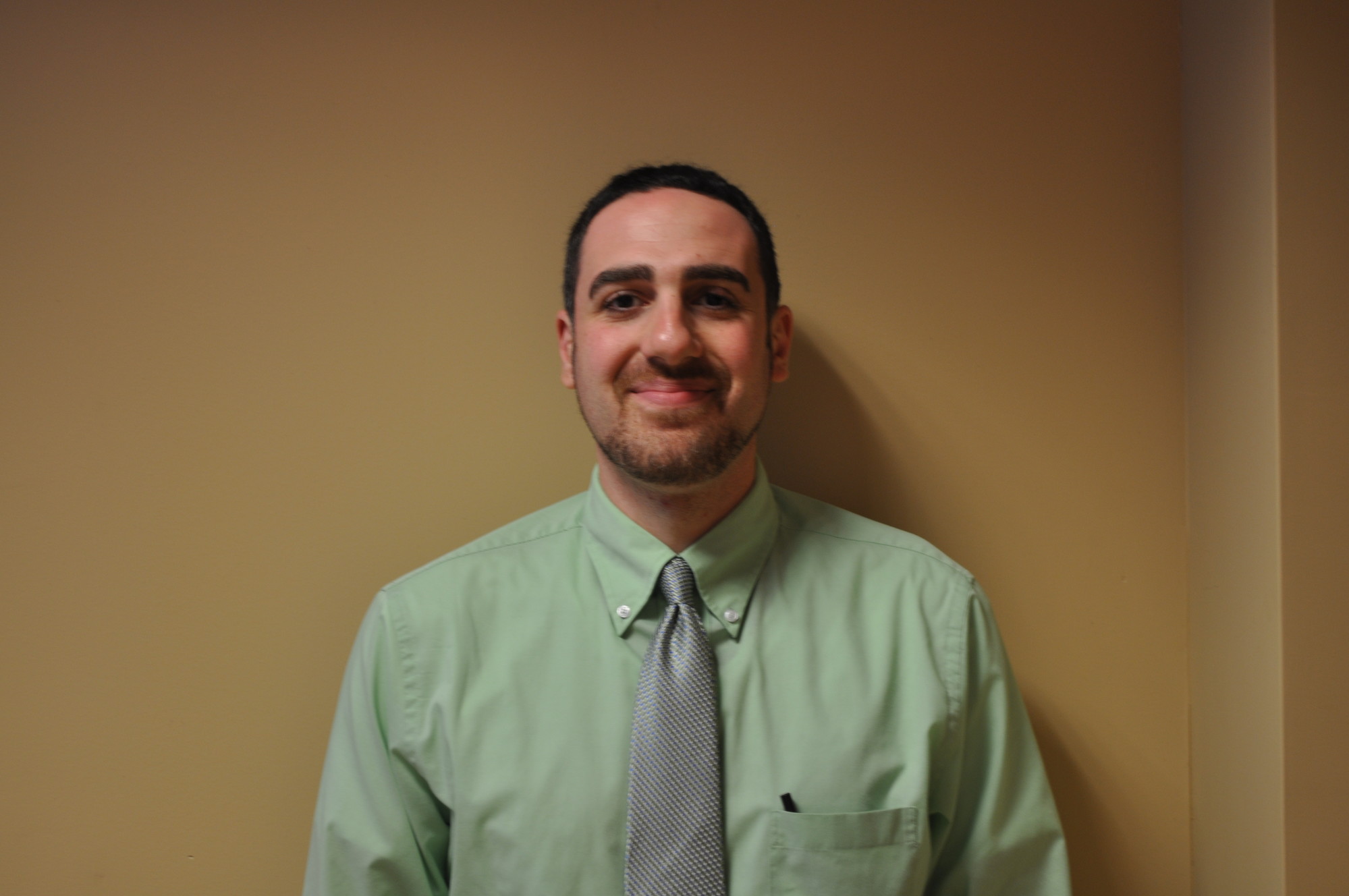I can’t stand the rain
Word comes of an impending storm. Your body switches to a higher gear as you run to buy food and supplies, because you’ve been through Hurricane Sandy and you know how bad it can be. You watch TV, check the weather, monitor the storm track.
Anything on the bottom floors of your home is moved up. Everywhere you go, everyone you talk to is worried about the storm. How bad will it be? How much water will we get? What about the wind?
You check your insurance, and check it again, because you’ve learned in the three years since Sandy that thousands of people weren’t fairly compensated by their insurers. Social media are buzzing with comments and concerns. You’re no longer eating properly, and sleep is a thing of the past. The storm becomes an obsession.
Is this post-traumatic stress disorder? “No, it’s a normal reaction to stress and anxiety,” said Janet Kahn-Scolaro, Ph.D., director of the South Nassau Communities Hospital’s Mental Health Counseling Center. “PTSD has unique features, and impacts a person’s ability to function. PTSD requires treatment.”
Creative Arts Therapist Elizabeth Gardner, also from the center, was in the Oceanside and Island Park communities during Sandy. “The coming together on social media and at emergency centers is a good thing,” she said. “In fact, after Hurricane Katrina they found that people who were bused to other locations did not do as well as the people who stayed near their homes. Those who were evacuated to Houston, Texas, for example, tried to find others from their home area, tried to re-form communities, and those that could not did not heal as a community and felt left out.”
Robert Cavera, PD, who also works at the center, wrote a thesis titled “Group Therapy for Post-Traumatic Stress Symptoms Following a Natural Disaster.” “You need that feeling of community, that you are not alone,” he stressed, adding that it is important for those who have been through a natural disaster to get out and meet one another, to share experiences. “You are allowed to feel it is the worst thing that has happened to you. So much of your identity is tied to your home.”









